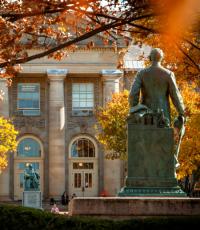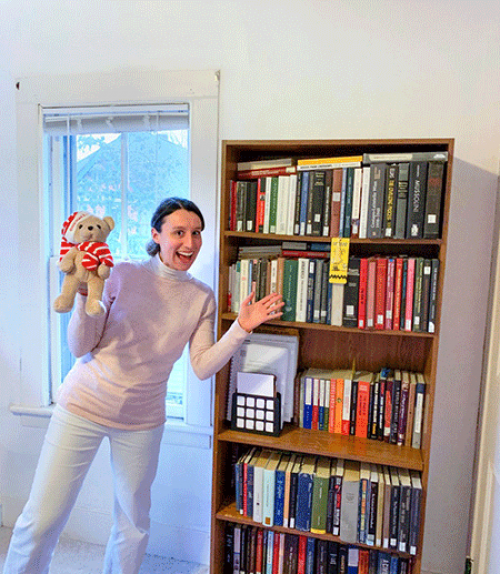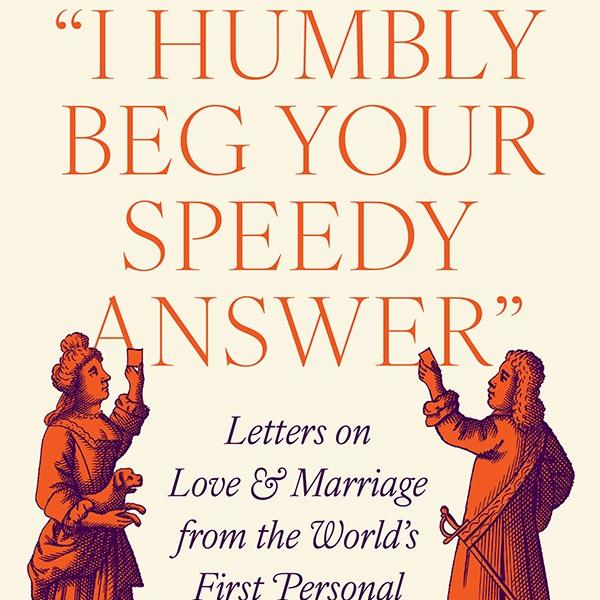
 Department Homepage
The College of Arts & Sciences
Department Homepage
The College of Arts & Sciences
Book retrieval effort gives grad student welcome relief
You’ve been working on your dissertation for what seems like forever, doing research abroad when you’re not teaching or holed up in the library, and making great progress – until one day, the library is closed indefinitely with your books still inside.


